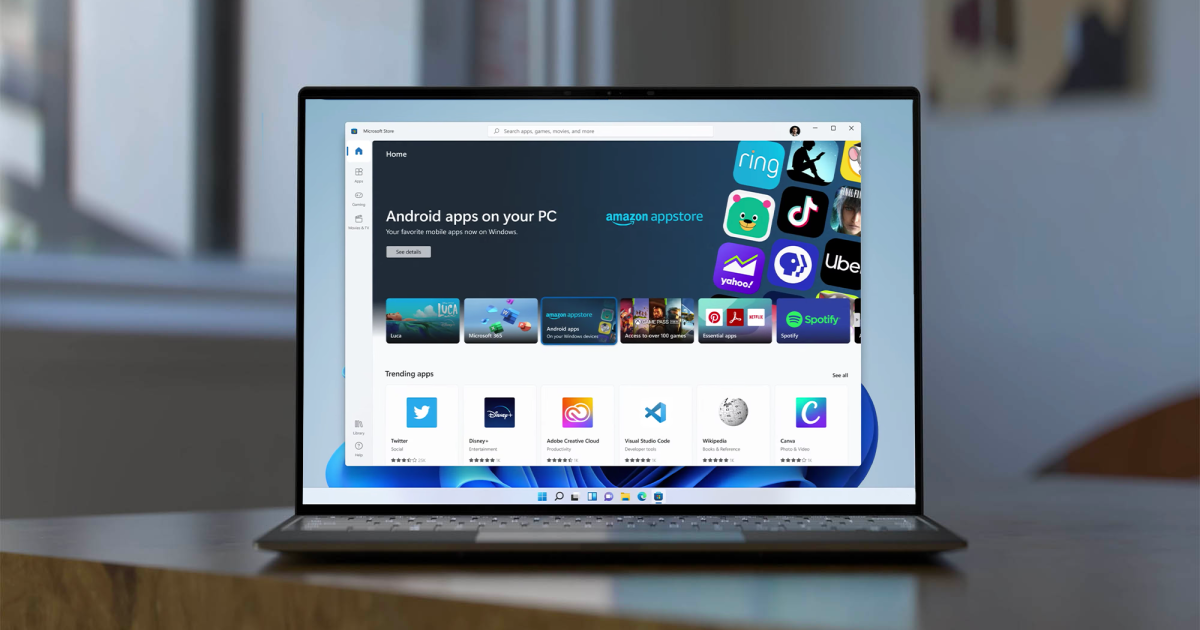With the DCI proposed as another anchor for the district — the first is the $862.9 million Little Caesars Arena for the Detroit Red Wings and Detroit Pistons — the Related and Olympia team envision a new hotel on the unused land south of the arena, new office and retail space on the Woodward-fronting surface parking lots for Comerica Park, more commercial development along Columbia Street and affordable and market-rate residential space along Park Avenue.
Ross and Ilitch earlier this year received a $100 million earmark from the state for the development of their campus.
Officials at UM did not respond to requests for comment from Crain’s for this report seeking details around programming and how the university views its role in growing the Southeast Michigan startup technology space.
Staebler with TechTown Detroit said he was unsurprised that university officials were keeping such details close to the vest.
“I think the good news is there’s a recognition by all those parties that you can’t just parachute into Detroit and save it. You actually have to be committed over the long term,” said Staebler, adding that he’s been in close contact with many of the groups developing the various campuses. “And I think that’s part of why it’s taking so long for them to publicly say all the stuff they’re doing. They want to make sure they’re doing it right.”
UM’s Innovation Partnerships, which is responsible for the institution’s technology transfer and licensing efforts, does track startup growth from the university, however. In 2021, Innovation Partnerships reported 23 startups growing from the university and generating $42.9 million in revenue, 287 technology license or option agreements and more than 2,000 jobs created since the year 2000.
A general vision for the DCI consists of providing “a space for the university to engage with industry, nonprofit and community partners to develop the most relevant academic programs and identify research opportunities of mutual interest and benefit,” former UM President Mark Schlissel said last December.
Meanwhile, just a couple of miles to the southwest of the proposed DCI, Ford and other partners are moving forward with the Michigan Central campus, centered on the renovated Michigan Central Station that the Dearborn-based automaker is turning into a facility for much of its mobility technology work.
Joshua Sirefman, who was tapped earlier this year as CEO of Michigan Central Innovation District, told the Homecoming crowd that stakeholders in the project — Ford, new and established tech companies, academia, philanthropy, government and civic organizations — are focused on “the intersection of mobility and society.”
The idea, according to Sirefman, is to go beyond just testing or simulating technology.









